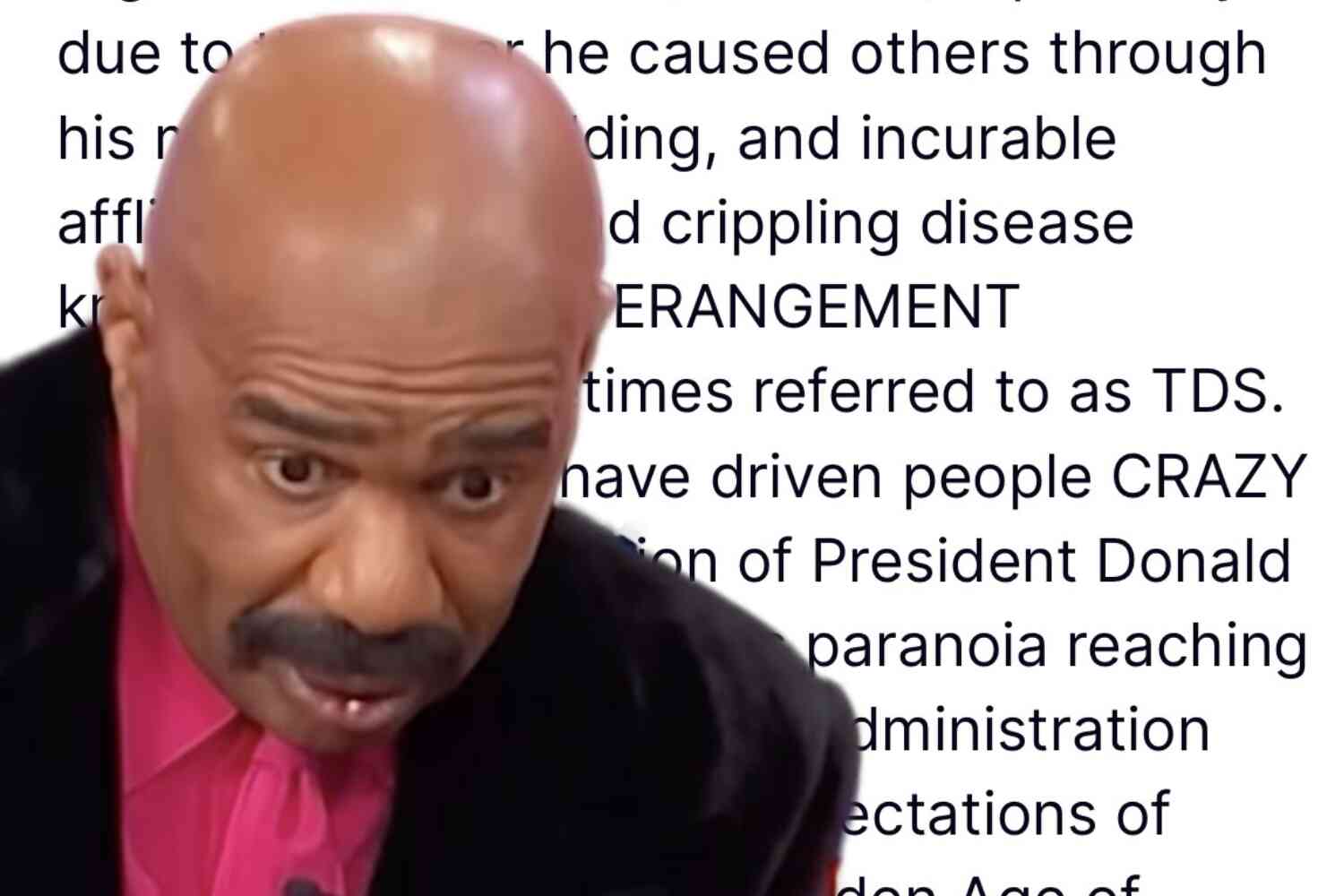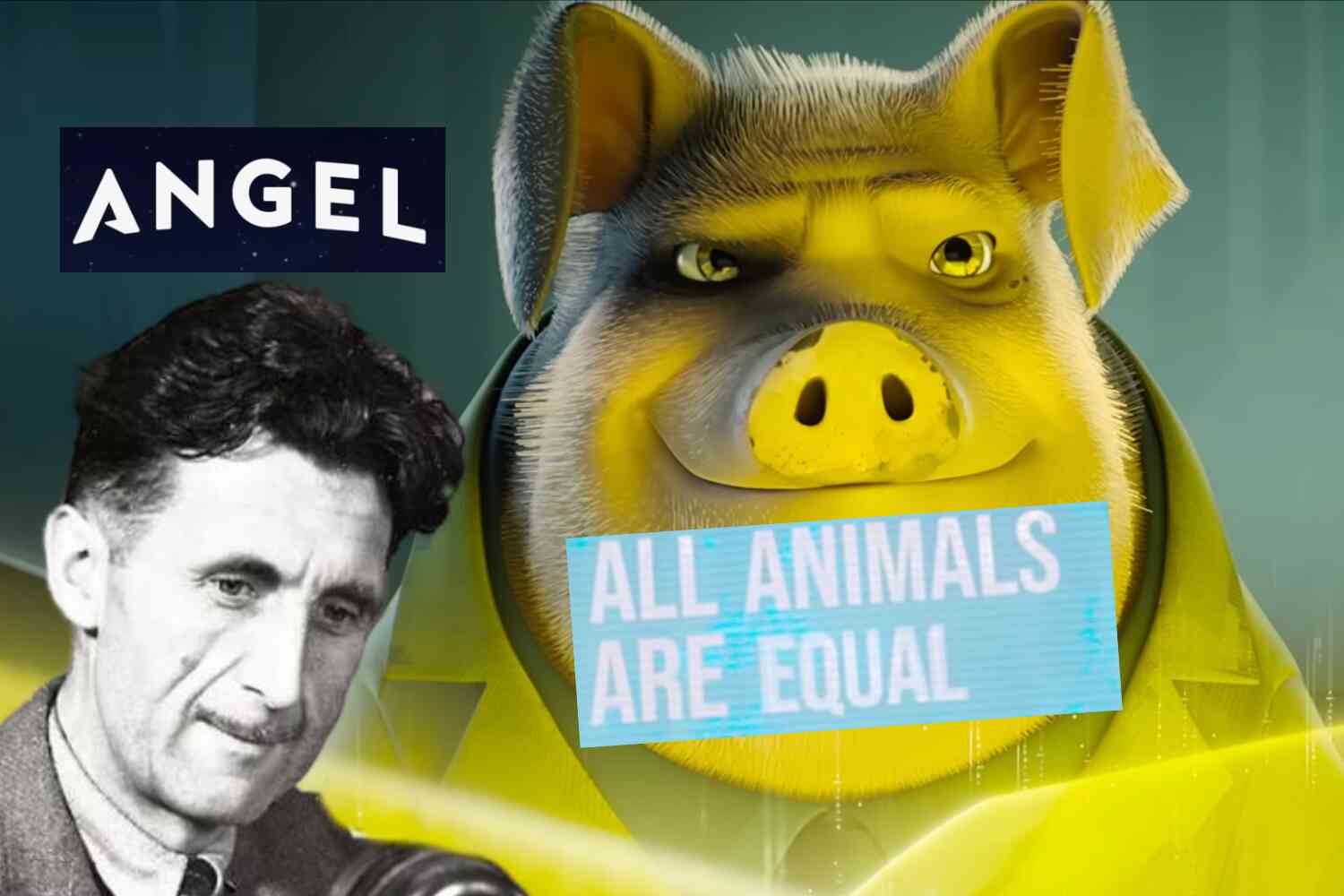The bad news is, without brakes, you can't stop.
The good news is, without tires, you don't need brakes.
It's win-win!
Well, except for your ability to drive.
You tires are swirling donuts of pollution.
Before we go any further, I think it's important to point out that "Swirling Donuts of Pollution" would make an awesome name for a band.
For decades, scientists and health officials have warned drivers of the harmful pollutants coming from tailpipes. But as car exhaust systems have become cleaner, pollution linked to heart and lung disease has increased from a different source: tires and brakes.

And if you were hoping that the Commissars coming for your automobile would give you a pass because you purchased a Tesla, think again.
The issue will only become more pressing as heavier electric vehicles are introduced. Jung said large electric vehicles, due to their large batteries, are at least 50 percent heavier than an internal combustion engine-powered vehicle and will put more wear on tires and cause more pollution.
If you think this sounds familiar, that's because it is.
Why all this hating on electric vehicles all of a sudden?
Possibly because the ultimate goal was never to get us into electric vehicles but rather to get us out of our vehicles altogether.
If you want a good laugh, you can read Politifact's "fact check" on this claim, in which they parse words and split hairs to such a degree I'm surprised it didn't result in fission.
In its attempt to hype up the danger, the article begins clowning itself, at one point saying this:
In one study...

...brake and tires constituted 15 percent of PM (particle mass) 2.5 pollution, was the same as pollution from gas and diesel.
Okay, that is certainly interesting and worthy of discussion given particles of that size are easily inhaled into the lungs. But it's missing something.
Oh yeah, hysteria. It's missing hysteria.
The pollution from your brakes and tires isn't benign, either. Tests by Emissions Analytics, an engineering consulting company based in England, found tires produce about 2,000 times more particle pollution by mass than tailpipes.

Of course, that's total particle mass including the chunks of retreads you see on the sides of highways. Probably aren't going to inadvertently suck one of those down your lungs.

Honestly, if they'd just treat us like adults and not try to scare us with boogeymen I'd probably listen to them more.
After detailing additional ways that tires and brakes are going to kill us all author Kasha Patel veers off on a bizarre tangent.
The solution isn't to get rid of tires or electric cars,...

...but perhaps shift the materials of the tires to natural or non-fossil fuel sources, the scientists said.
What would those natural sources be?
Dandelions.
Some companies are experimenting with more sustainable tire sources, such as dandelions. The Goodyear Tire and Rubber Company last year announced a multimillion dollar project supported by the U.S. Department of Defense, Air Force Research Laboratory and a nonprofit, public-private partnership called BioMADE. The goal of the pilot project is to create tires for airplanes and other vehicles for use by the Air Force.
I think this is interesting as well, and I like to keep an open mind, but this sounds only a couple steps removed from rainbows and unicorns.
Given the general animosity elites and urban dwellers routinely show towards independent automobile ownership, I think they'll come for our cars long before we are all driving on dandelion tires.
With that in mind, I leave you with this epic masterpiece.
...a futuristic scenario about a former racing driver who reassembles his old Porsche and drives to California in a world where cars and motor vehicles of all kinds have been outlawed by the powers that be.









